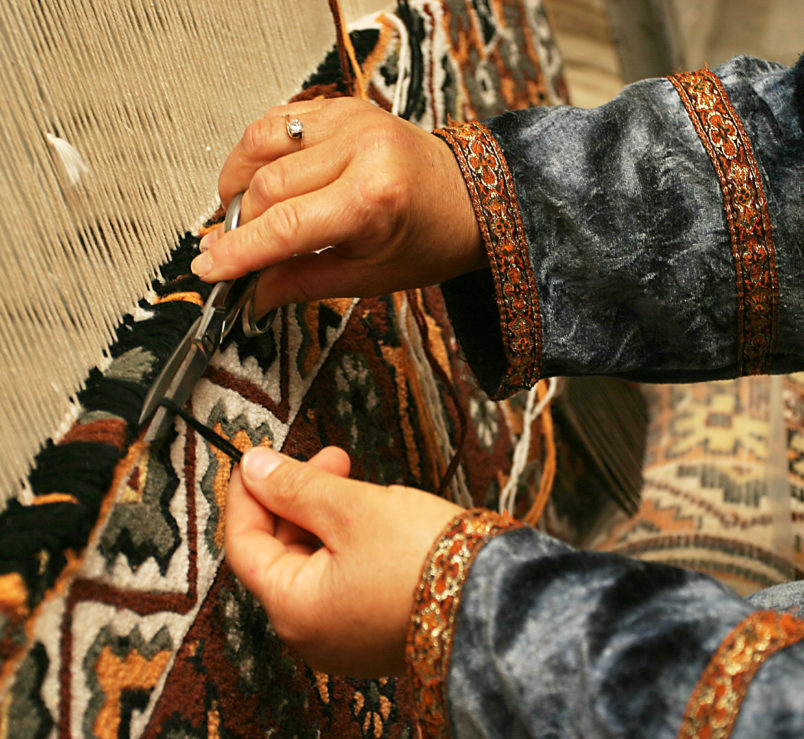Costs and benefits of platform to help address work-related legal problems in Tunisia
One third of people in Tunisia encounter legal problems, of which work-related problems are the most serious and most frequent. Work-related legal problems are linked, among others, to precarious working conditions, non-payment of wages, unfair dismissal and discrimination. These problems affect people’s lives in serious negative ways, such as stress, loss of time, income and employment.
Background
The Hague Institute for Innovation of Law (HiiL) addresses people-centred justice in Tunisia and desires to empower employers and employees to prevent work-related problems from occurring and decrease the number of unresolved cases. To help achieve this goal, an online and offline platform will be developed, for employees, employers and the justice sector. Ecorys helped HiiL to gain insight in the costs and benefits of such a platform.
Key findings
In three scenarios, Ecorys has calculated the quantitative costs and benefits of: 1) an increase in the number of solved cases; 2) an increase in the number of people in Tunisia who decide to take action to solve their problem; and 3) a reduction of people experiencing a work-related problem in the first place. The cost-benefit analysis shows positive results for each scenario and foresees the biggest impact in a prevention-focused scenario. Qualitatively, the platform will contribute to the empowerment of people in Tunisia, will help increase the sense of satisfaction with the outcome of work-related disputes and will result in improved financial security for people in Tunisia.
The results of the cost-benefit analysis and more context can be found in the final report, which is available in English and Arabic.

18 April 2024
1 minute read
Sectors
Key Experts
Mike Beke
Principal Consultant
Renée Rijntjes
Consultant



